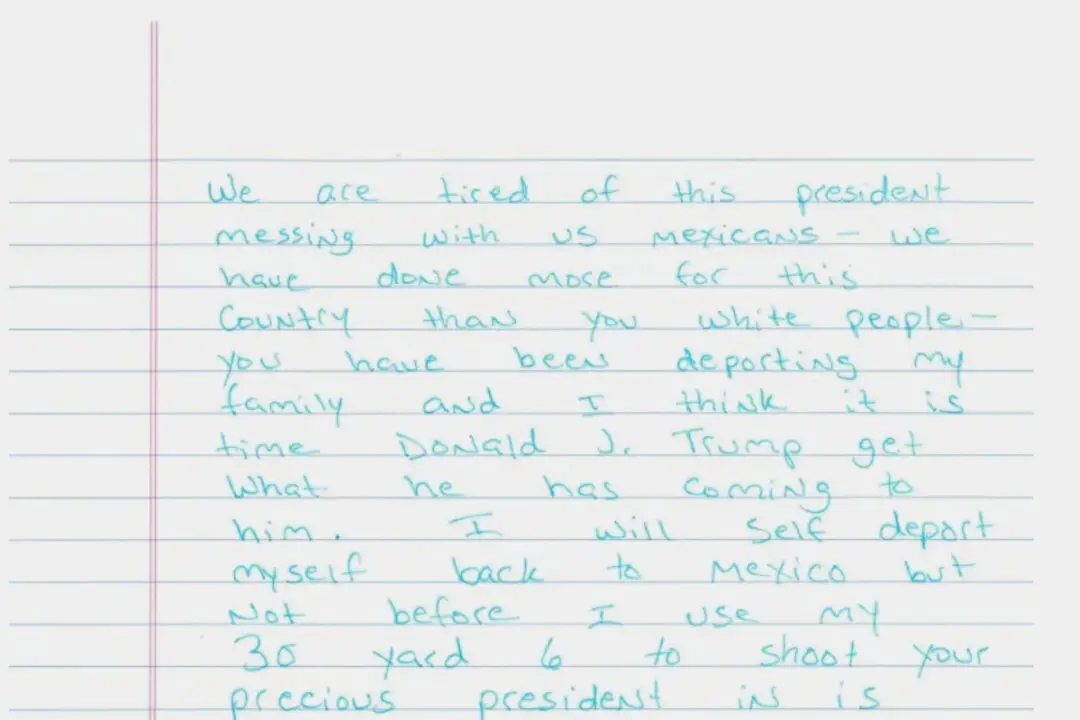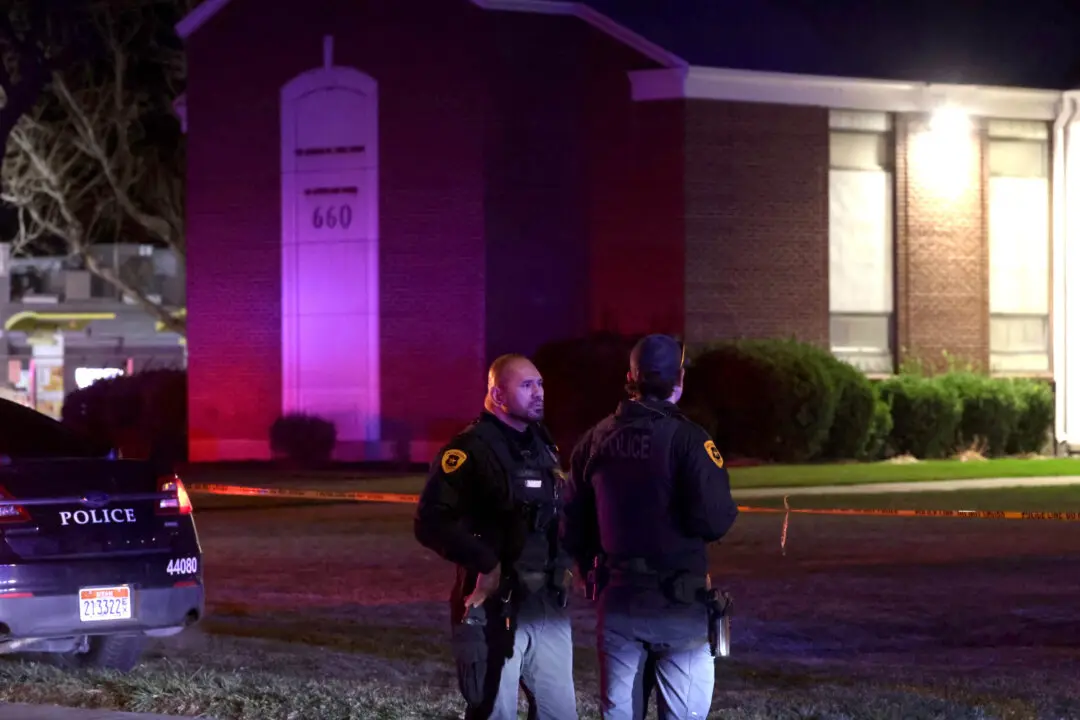CONCORD, N.H.—In 2014, New Hampshire enacted a law that expressly created a domestic violence charge to cover cases of abuse involving intimate partners. The enactment of a specific domestic violence charge allowed the names to be entered into a federal database that prohibits people convicted of such charges from purchasing or possessing a firearm. Here at a glance are key details of what is known as Joshua’s Law:
Who Was Joshua?
The law was named after Joshua Savyon, a 9-year-old boy killed by his father during a supervised visit. About 40 minutes into the visit, Muni Savyon pulled out a firearm and fatally shot his son before turning the gun on himself. Afterward, Joshua’s mother, Becky Ranes, sought a change in New Hampshire’s laws that would prevent people convicted of domestic violence from purchasing or possessing firearms.
How Is the Law Different From Other Crimes of Violence on the Book?
By expressly designating a charge of domestic violence, it allows authorities to distinguish from other crimes of violence that involve people not considered intimate partners. That’s important because federal law prohibits those convicted of domestic violence crimes from purchasing or possessing a firearm. Domestic violence is known as a crime that is frequently repeated and escalates, and advocates say it’s critical to keep perpetrators from buying or possessing a firearm.





